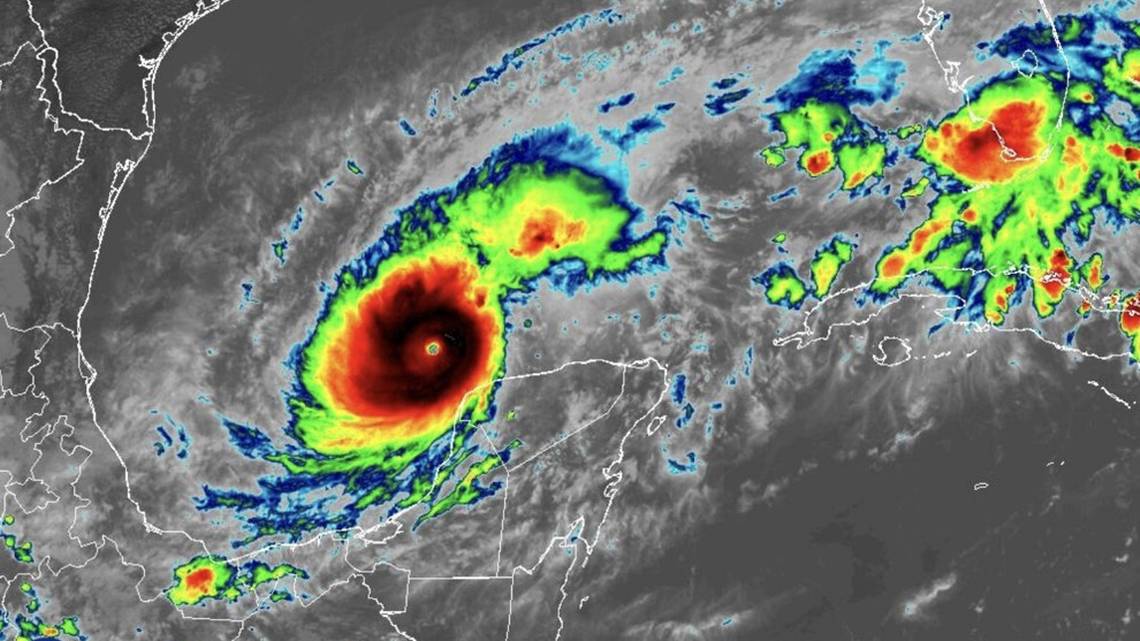Hurricanes can bring devastating consequences to Georgia, causing widespread destruction, power outages, and economic losses. Whether you live along the coast or inland, understanding the effects of hurricanes in Georgia is crucial for preparedness and safety. In this guide, we’ll explore the impact of hurricanes on Georgia, historical hurricane events, and essential measures to minimize risks.
How Do Hurricanes Affect Georgia?
Hurricanes impact Georgia in multiple ways, affecting the state’s environment, infrastructure, and economy. Here’s a breakdown of their key effects:
1. Storm Surges and Coastal Flooding
- Hurricanes push massive amounts of seawater onto land, leading to coastal flooding.
- Areas like Savannah and Brunswick are especially vulnerable to rising waters.
- Example: In 2017, Hurricane Irma caused severe coastal flooding in Georgia, leading to property damage and evacuations.
2. Heavy Rainfall and Inland Flooding
- Hurricanes bring torrential rains that cause rivers and lakes to overflow.
- Even inland cities like Atlanta and Macon experience flash floods.
- Example: Hurricane Michael (2018) led to major flooding in southwestern Georgia, damaging crops and homes.
3. Strong Winds and Tornadoes
- Hurricanes often bring strong winds exceeding 100 mph, which can tear apart buildings and trees.
- Tornadoes can spawn within hurricanes, adding to the destruction.
- Example: Hurricane Opal (1995) produced winds up to 70 mph in Atlanta, toppling trees and power lines.
4. Power Outages and Infrastructure Damage
- Downed power lines and damaged substations leave thousands without electricity.
- Bridges, roads, and homes suffer significant structural damage.
- Example: After Hurricane Matthew (2016), over 100,000 people in Georgia were left without power for days.
5. Agricultural and Economic Losses
- Hurricanes destroy crops, causing millions in losses to Georgia’s agricultural industry.
- Cotton, peanuts, and pecans—major state crops—are highly vulnerable.
- Example: Hurricane Michael caused an estimated $2.5 billion in agricultural losses in Georgia.
Georgia’s Hurricane History
Hurricanes have impacted Georgia for centuries. Here’s a look at some of the most devastating ones:
| Year | Name | Category | Impact |
|---|---|---|---|
| 1898 | Sea Islands Hurricane | 4 | Over 2,000 fatalities, severe flooding |
| 1995 | Hurricane Opal | 4 | Widespread wind damage across Georgia |
| 2016 | Hurricane Matthew | 2 | Coastal flooding, power outages |
| 2017 | Hurricane Irma | 4 | Flooding and high winds statewide |
| 2018 | Hurricane Michael | 5 | $2.5 billion agricultural losses |
Preparing for Hurricanes in Georgia
To minimize the impact of hurricanes, residents must take proactive measures. Follow these essential steps:
1. Create an Emergency Plan
- Identify evacuation routes and shelter locations.
- Assign responsibilities to family members.
2. Build an Emergency Kit
- Essentials: Water, non-perishable food, flashlights, batteries, and medications.
- Important Documents: Insurance policies, IDs, and emergency contacts.
3. Strengthen Your Home
- Install storm shutters and reinforce doors.
- Trim trees and secure outdoor furniture.
4. Stay Informed
- Monitor the National Hurricane Center for updates.
- Sign up for Georgia emergency alerts.
5. Get Insurance Coverage
- Ensure you have flood insurance and storm damage coverage.
- Review policies annually to ensure proper protection.
FAQs About Hurricanes in Georgia
Do natural disasters happen in Georgia?
Yes, Georgia experiences hurricanes, tornadoes, floods, and occasional earthquakes.
Does Georgia have bad storms?
Yes, Georgia often faces severe thunderstorms, hurricanes, and tornadoes.
How did Hurricane Michael affect Georgia?
Hurricane Michael (2018) caused over $2.5 billion in agricultural damage, power outages, and infrastructure destruction.
When was the last hurricane in Georgia?
Hurricane Idalia hit Georgia in August 2023, causing flooding and power outages.
How can hurricanes affect Georgia PDF?
Many government agencies provide PDFs on hurricane preparedness, including FEMA and Georgia Emergency Management Agency (GEMA).
Conclusion
Hurricanes pose a significant threat to Georgia, from coastal flooding to economic devastation. Understanding their impact and preparing accordingly can help residents stay safe and minimize damage. Stay informed, follow emergency protocols, and protect your property.
Are you prepared for the next hurricane? Share this guide with your friends and family to help them stay safe. For more updates, visit Georgia Guider!









